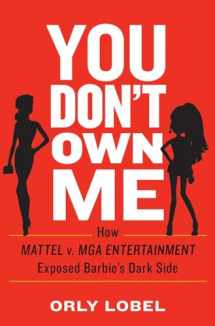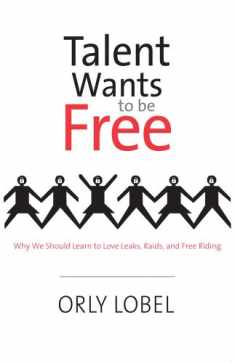
You Don't Own Me: How Mattel V. MGA Entertainment Exposed Barbie's Dark Side
Book details
Summary
Description
The battle between Mattel, the makers of the iconic Barbie doll, and MGA, the company that created the Bratz dolls, was not just a war over best-selling toys, but a war over who owns ideas.
When Carter Bryant began designing what would become the billion-dollar line of Bratz dolls, he was taking time off from his job at Mattel, where he designed outfits for Barbie. Later, back at Mattel, he sold his concept for Bratz to rival company MGA. Law professor Orly Lobel reveals the colorful story behind the ensuing decade-long court battle.
This entertaining and provocative work pits audacious MGA against behemoth Mattel, shows how an idea turns into a product, and explores the two different versions of womanhood, represented by traditional all-American Barbie and her defiant, anti-establishment rival―the only doll to come close to outselling her. In an era when workers may be asked to sign contracts granting their employers the rights to and income resulting from their ideas―whether conceived during work hours or on their own time―Lobel’s deeply researched story is a riveting and thought-provoking contribution to the contentious debate over creativity and intellectual property.


We would LOVE it if you could help us and other readers by reviewing the book
Book review




